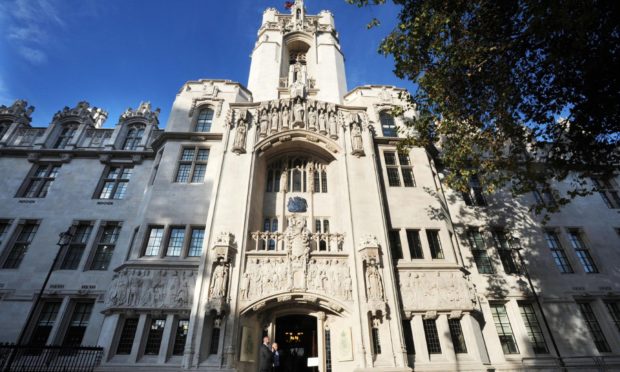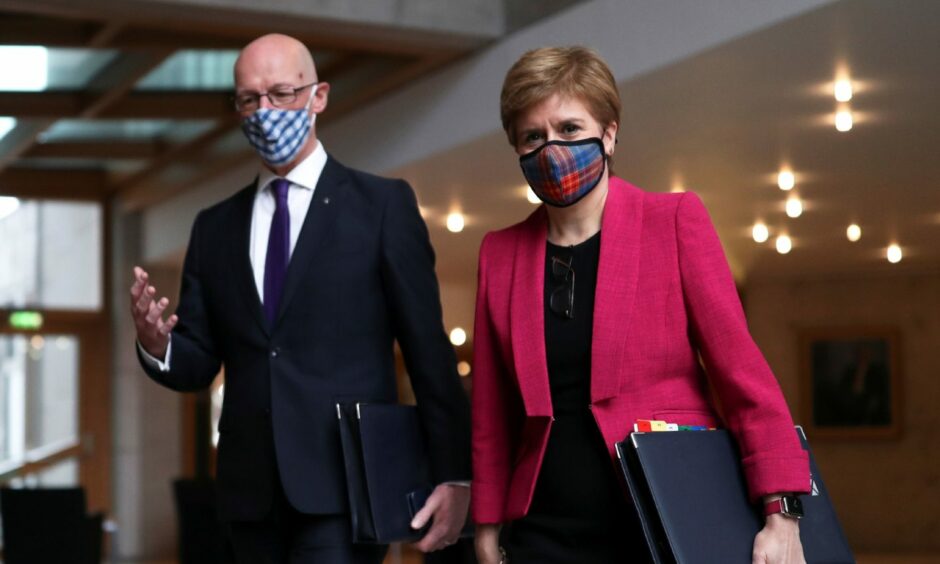Holyrood is heading to another major row on devolution after the UK’s highest court effectively blocked plans to enshrine UN children’s rights in law.
The Supreme Court sent two Bills back to Holyrood for further consideration, seven months after the UK Government objected.
Judges said MSPs acted “outside the competence” of the Scottish Parliament by trying to pass the United Nations Convention on the Rights of the Child Bill.
A second piece of legislation aimed to incorporate the European Charter of Local Self-Government in Scotland.
The initial move sparked an argument about where powers should lie.
The SNP shamefully used children’s rights to play nationalist games.
– Tory MSP Donald Cameron
Reacting to the court opinion, SNP Deputy First Minister John Swinney ramped up the row.
“The ruling means it is outwith the power of the Scottish Parliament to pass legislation it considers necessary to fully ensure the rights of Scotland’s children are protected,” he said.
Does Scotland need more power?
Mr Swinney claimed the devolution settlement, which created the Holyrood parliament in 1999, “does not give Scotland the powers it needs”.
Conservatives said the SNP had used human rights to make a political argument.
Highlands and Islands Tory MSP Donald Cameron said: “This unanimous Supreme Court judgement confirms that the SNP shamefully used children’s rights to play nationalist games.
“There was never any dispute over the substance of the policy, only the legality of parts of the Bill.”
UK Government stepped in
Alister Jack, the Scottish Secretary in the UK Government, said he does not have a problem with the policy aim but said MSPs overstepped parliament’s powers in key areas.
He wrote to Mr Swinney in March asking for changes and confirming law officers could refer both Bills to the Supreme Court.
The UN Convention on the Rights of the Child was passed at Holyrood on March 16. It made Scotland the first “devolved” nation to put it into domestic law.
The convention makes it unlawful for public authorities to act against its requirements.
The last time this happened was in a row over Brexit legislation passed at Holyrood.

